Bipartisan Group of Governors Propose Obamacare Fixes, Beg Congress To Consider
A bipartisan group of eight governors on Thursday handed Congress a proposal for shoring up the Affordable Care Act’s marketplaces, which in many states remain extremely fragile enterprises.
The proposal calls for a set of relatively modest initiatives on strengthening marketplaces that, in a normal political environment, would be the basis for legislation that large numbers of Democrats and Republicans would support. It arrives just as a serious discussion of such efforts is set to begin in Washington, starting next week when a key Senate committee holds hearings on efforts to stabilize operations of the 2010 health care law.
But enacting even a narrow health care bill is sure to be difficult, with many Republicans in Congress still holding out for a full repeal of “Obamacare,” while others are unwilling to contemplate action that might help the program function better. President Donald Trump has been openly talking about sabotaging the Affordable Care Act for months.
The agenda that the governors released on Thursday, in the form of a letter to congressional leaders, includes plans designed to bolster insurance marketplaces both in the short- and long-term.
Among the short-term ideas is a call for the federal government to create a temporary “stability fund,” which states could use to help insurers struggling with bills from people with expensive-to-treat medical conditions. Such a fund could pay for “reinsurance” programs that some states, including Alaska and Minnesota, are already creating to help struggling insurers ― and, in so doing, avoid massive premium increases that would leave wealthier consumers with much higher insurance costs.
To help consumers in “underserved” parts of the country, which presumably means those markets down to just one insurer, the governors propose allowing enrollment into the same program that insures federal employees around the country. Senator Claire McCaskill (D-Mo.) has already introduced a bill calling for a similar approach. The governors would also like to see the federal government offer a tax break to insurers that agree to start offering plans in those underserved markets.
Going forward, the governors want Congress to give states more leeway to modify their marketplaces. The Affordable Care Act, as written, allows states to propose changes, through what are known as 1332 waivers. But it sets some pretty strict rules about what states can and can’t do. The governors want Congress to relax those rules, particularly when it comes to defining benefits that all policies must cover, and to speed up the process for getting waiver requests approved.
All of these efforts would represent modifications, albeit modest ones, to the Affordable Care Act. But a good portion of the letter is really just the governors pleading with Congress to make sure the federal government implements the law in the way that its architects originally intended ― by enforcing its controversial individual mandate, at least for now, and continuing to provide insurers with a set of subsidies that are the subject of an ongoing lawsuit.
At the moment, it’s not clear that either will happen, since the Trump administration has suggested it might not enforce the mandate rigorously and the president himself has threatened, on numerous occasions, to stop paying those subsidies.
The proposal owes its existence in large part to efforts by governors John Hickenlooper, the Democrat from Colorado, and John Kasich, the Republican from Ohio ― both of whom have been outspoken critics of GOP proposals to repeal the Affordable Care Act, even as they have highlighted what they consider the law’s flaws and shortcomings.
Among the other signatories are another Republican governor, Brian Sandoval of Nevada, as well as Alaska’s Bill Walker, who originally ran as a Republican before seeking (and winning) office as a political independent. The rest are Democrats, though two of them, Louisiana’s John Bel Edwards and Montana’s Steve Bullock, come from relatively conservative states.
The show of geographic and ideological breadth is intentional and is designed to convey a message that refining the Affordable Care Act to make sure its coverage is more affordable and secure shouldn’t be a polarizing issue. “Just as these proposals have brought together governors from across the political spectrum, we are confident they can attract support across party lines in both chambers of Congress,” the governors said.
The letter goes out of its way to cite problems like dwindling competition and sharply rising premiums that are plaguing many state marketplaces, even as the program works more smoothly ― and provides more affordable coverage ― in other states. “The current state of our individual market is unsustainable and we can all agree this is a problem that needs to be fixed,” the governors say in the letter.
But the governors also said that any reforms must preserve the law’s coverage gains. And in discussing the law’s problems, they made clear some of them are a byproduct of recent action in Washington ― where, of course, Republicans have been in charge.
“Continuing uncertainty about the direction of federal policy is driving up premiums,” the governors said, “eliminating competition, and leaving consumers with fewer choices.” That would seem to be a reference to ongoing repeal efforts, Trump administration neglect and sabotage, or quite possibly both.
This is not what the public wants, if the polls are right. The 2010 health care law has actually grown more popular over the last few months, perhaps because the repeal alternatives look so dismal by comparison. Majorities now say they want Congress and the president to fix the law’s problems, rather than get rid of it. And as Thursday’s letter shows, there’s no shortage of sensible ideas for doing that.
Also on HuffPost
Love HuffPost? Become a founding member of HuffPost Plus today.
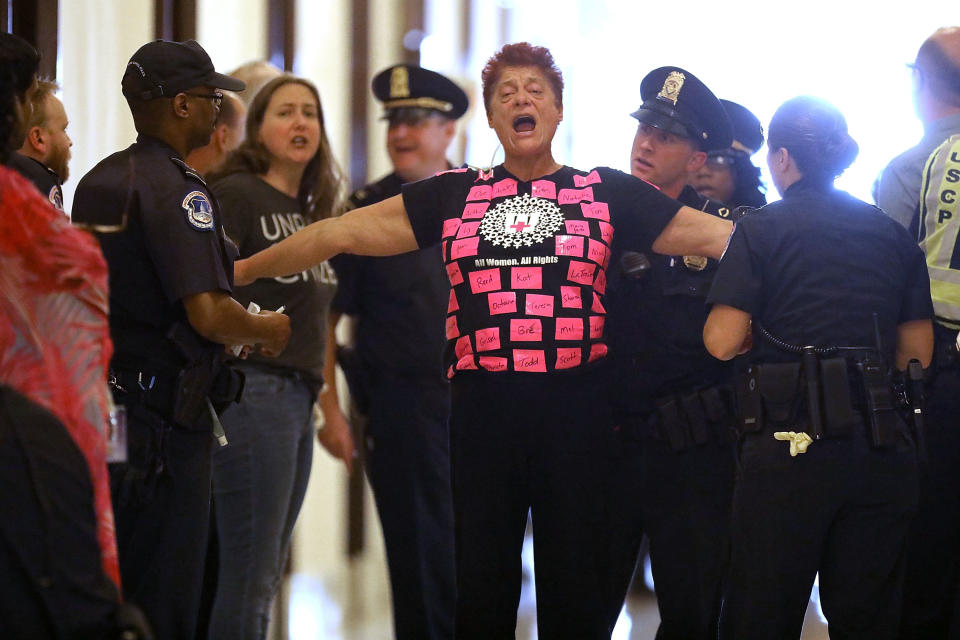
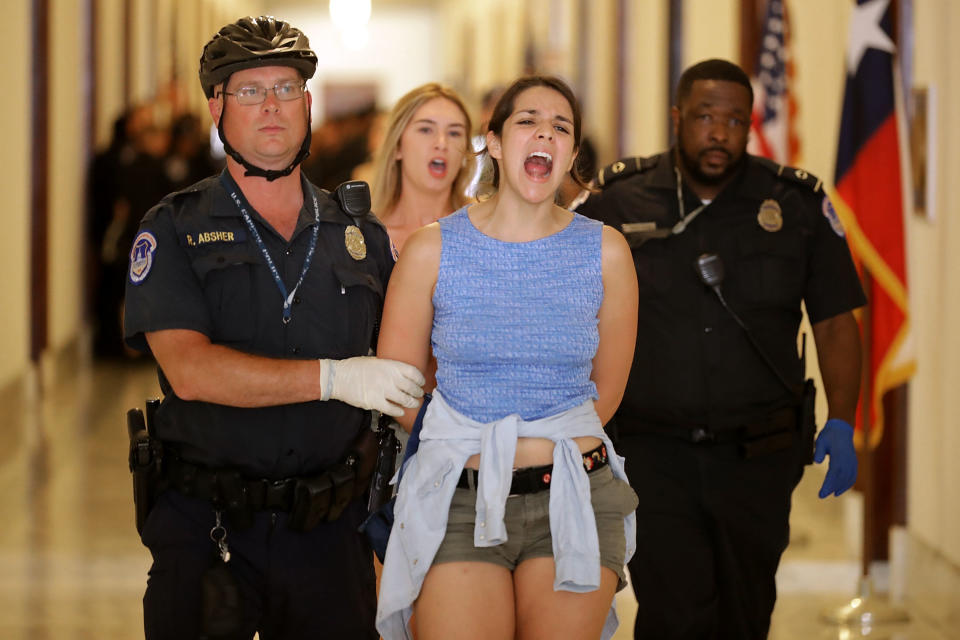
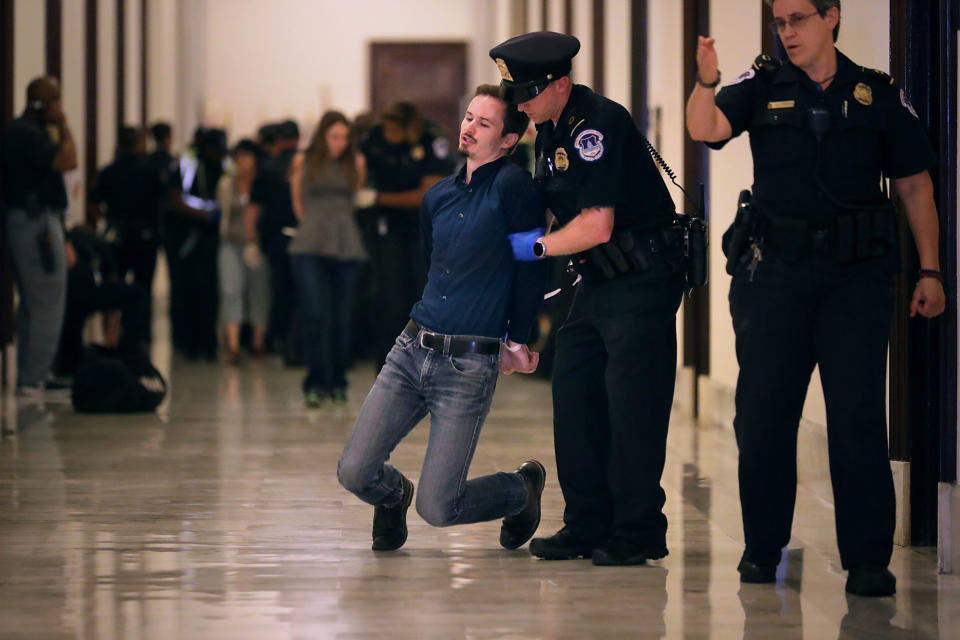

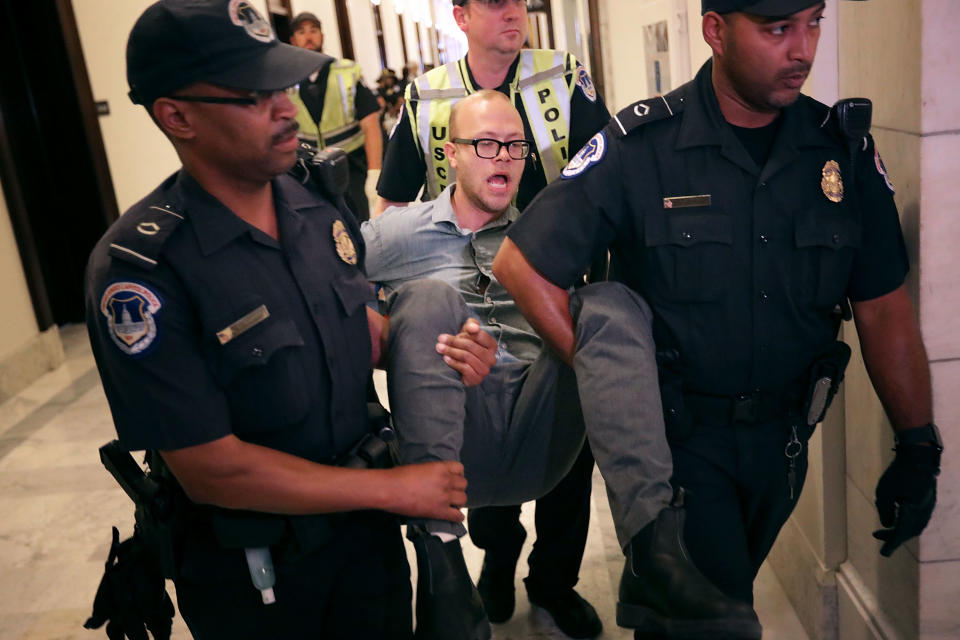
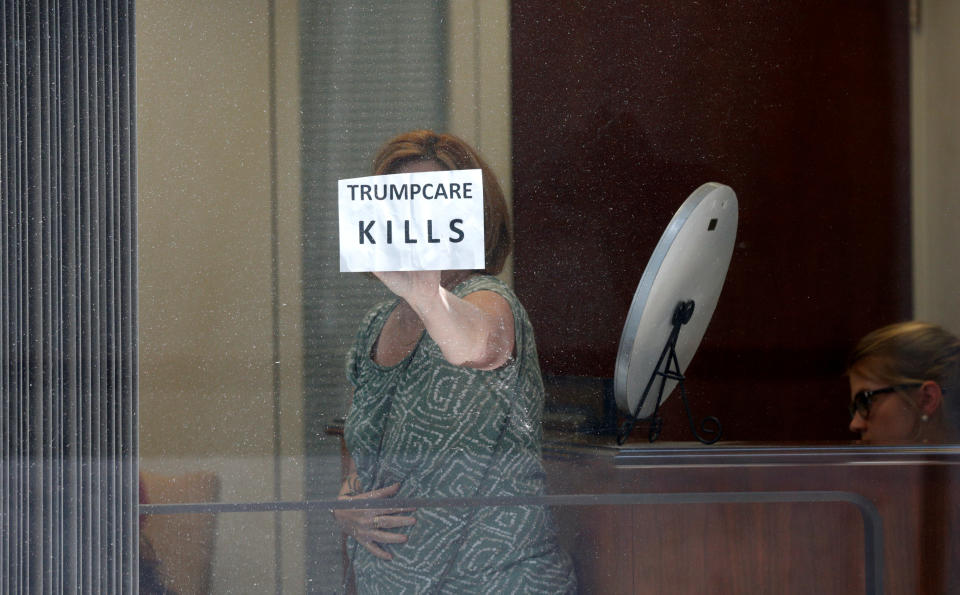
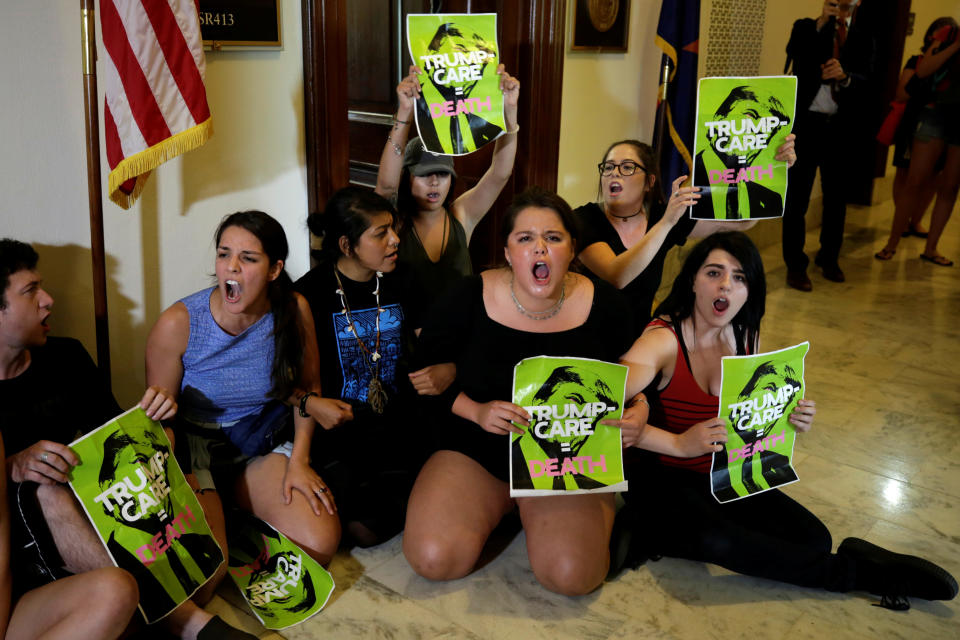
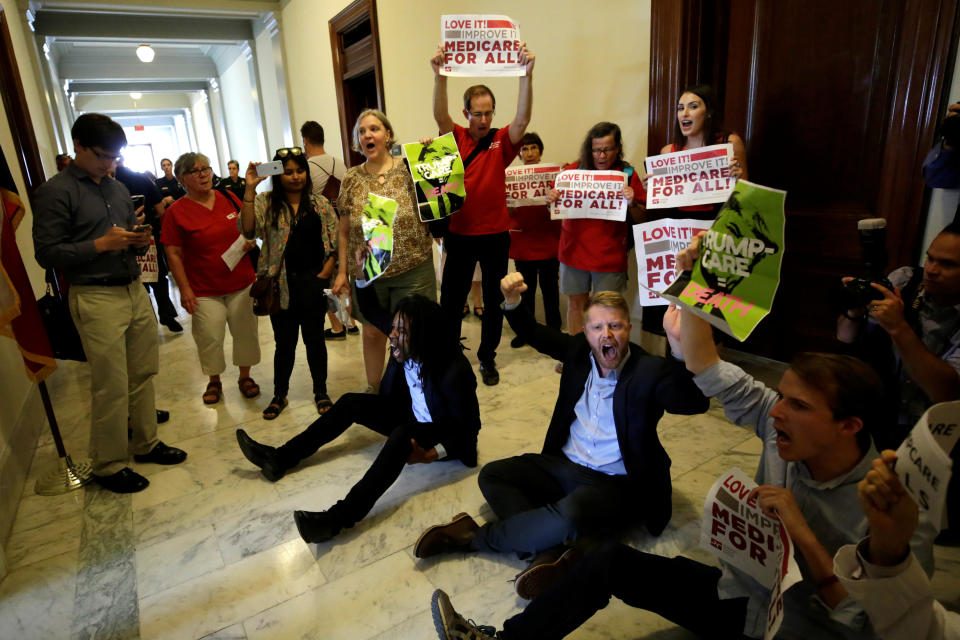
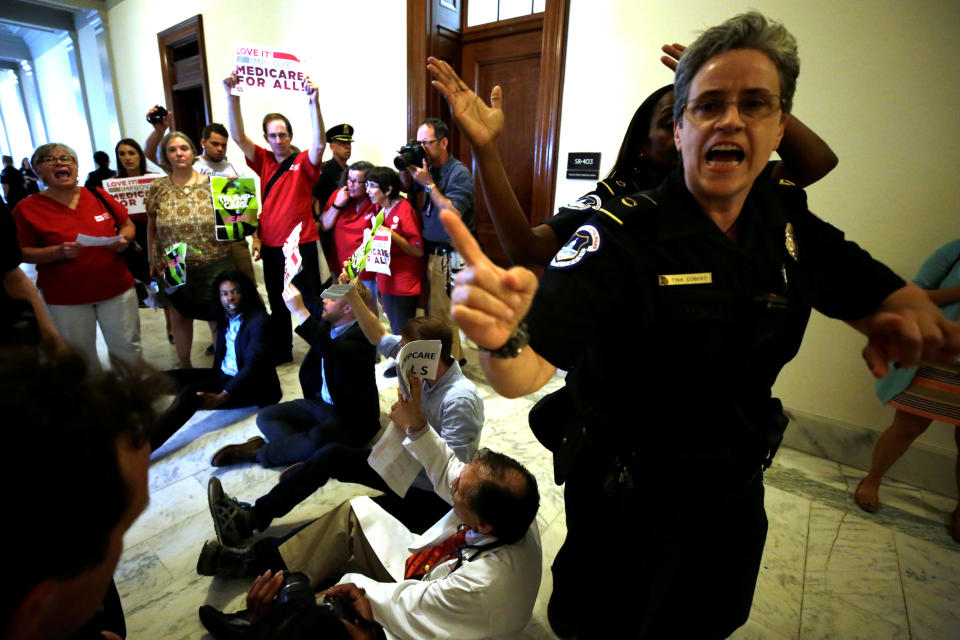

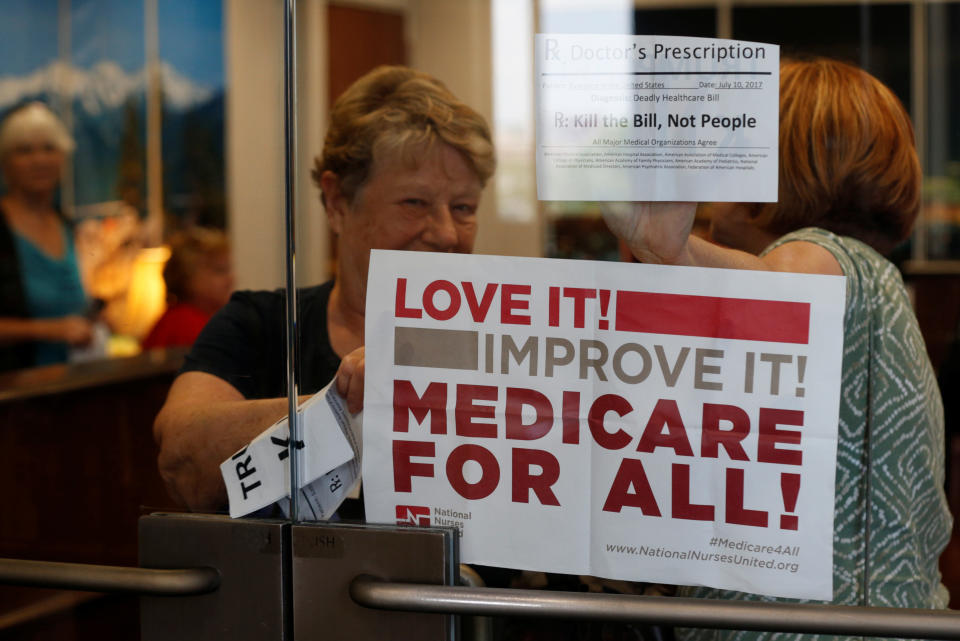
This article originally appeared on HuffPost.

